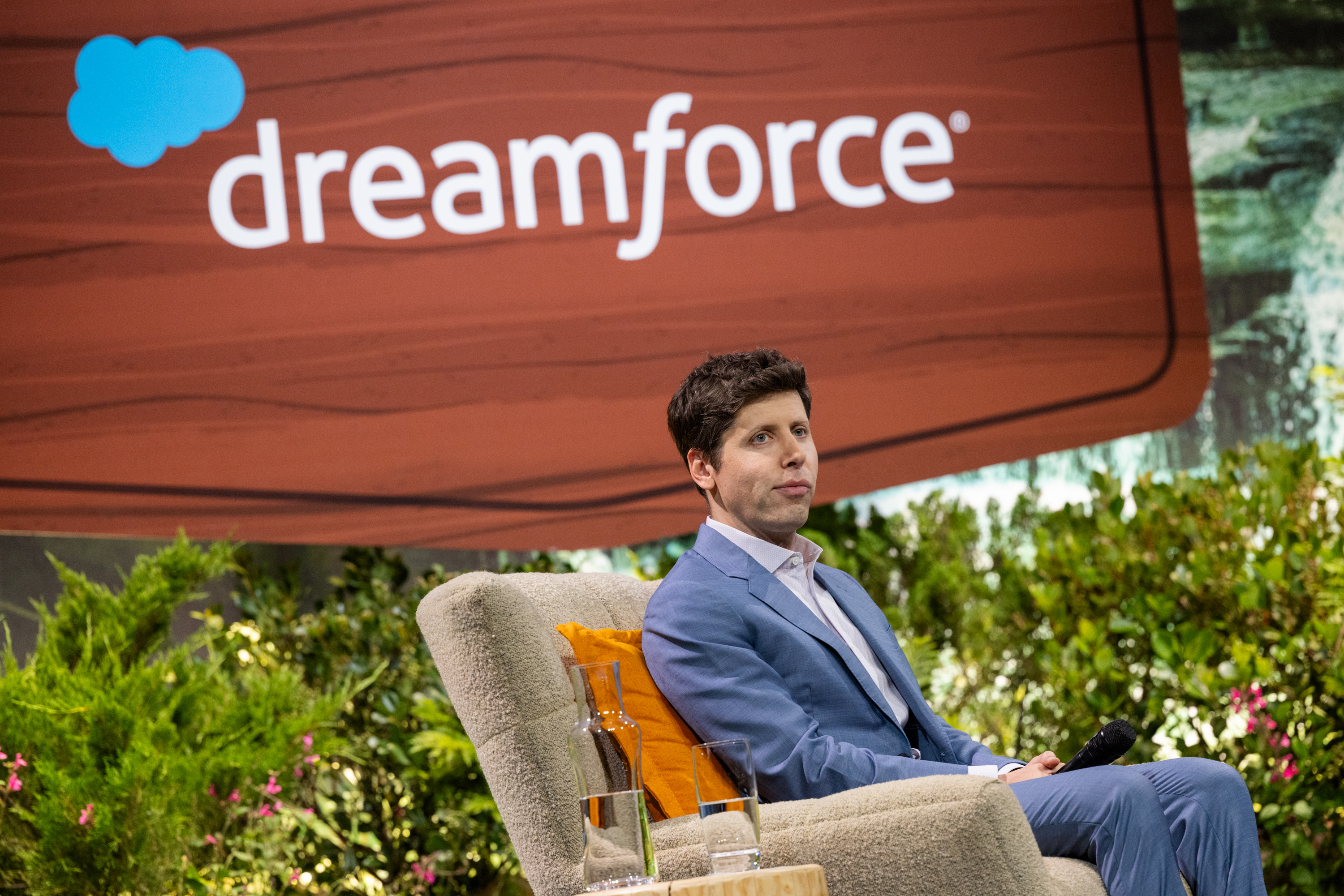San Francisco really is the AI capital of the world—at least based on one crucial metric.
According to data released by Comprehensive.io, a website that tracks salaries and job trends in tech, San Francisco beats out every other city in terms of its share of artificial intelligence-based jobs by a vast margin. Around 22% of AI job postings are from companies headquartered in San Francisco—more than Cupertino and Los Angeles, the second- and third-ranked cities in terms of AI job posts, combined.
Roger Lee, the co-founder of Comprehensive.io (and of noted tech layoffs tracker Layoffs.fyi), pointed out that no single San Francisco AI company dominated the job pool. Even ChatGPT maker OpenAI, arguably the buzziest of the bunch, did not hire significantly more than any of the other AI-focused companies—suggesting that job opportunities are being spread around.
But as much as San Francisco has taken to its role as a global AI center—both in terms of jobs and investment—industry activity extends past the city into the broader Bay Area.
When you factor in companies whose headquarters are located across the Bay Area—including in Silicon Valley—the proportion of AI job postings balloons to around 59%, more than every other city in the country combined. Around 34% of all active AI jobs, according to Comprehensive.io’s estimate, require workers to be based in the Bay Area—even if the companies themselves are not. Companies headquartered in Cupertino and Mountain View—Apple and Google’s respective home bases—make up nearly 18% of the AI job posts.
And even as workers in the tech industry experience stagnated hiring, the AI boom has only accelerated hiring—AI job postings have grown by 22% compared with three months ago. Within the past three months, Lee found, 579 tech companies across the country posted 1,958 AI-focused job positions.
The hype around AI has contributed to what Lee terms the “AI premium, the roughly 21% pay bump that AI-focused engineers are demanding over typical software engineers.
Local workers who join the AI boom are getting paid generously, too. Comprehensive.io’s data found that the average salary for a Bay Area-based AI engineer is 21% higher than outside the Bay. Lee notes that these pay packages keep rising, even as salaries across other parts of the tech industry have remained flat. The average listed salary for an AI engineer has increased 12% compared with the last quarter.
Pay for a machine learning user experience engineer role at OpenAI, for example, ranges from $245,000 to $385,000. Meanwhile, at Anthropic, a performance engineer could expect to get paid somewhere in the ballpark of $280,000 to $450,000.
But Lee cautions that this boom phase will probably not last forever. AI startups Jasper, Mutiny and Deepgram have conducted layoffs in recent months—suggesting that the initial fervor surrounding generative AI technology could be cooling down.
“Not too long ago, we saw these same tech companies go on a hiring spree and splurge on salaries, only to roll out layoffs a couple of years later,” Lee said. “Only time will tell if the current AI boom will end differently.”
